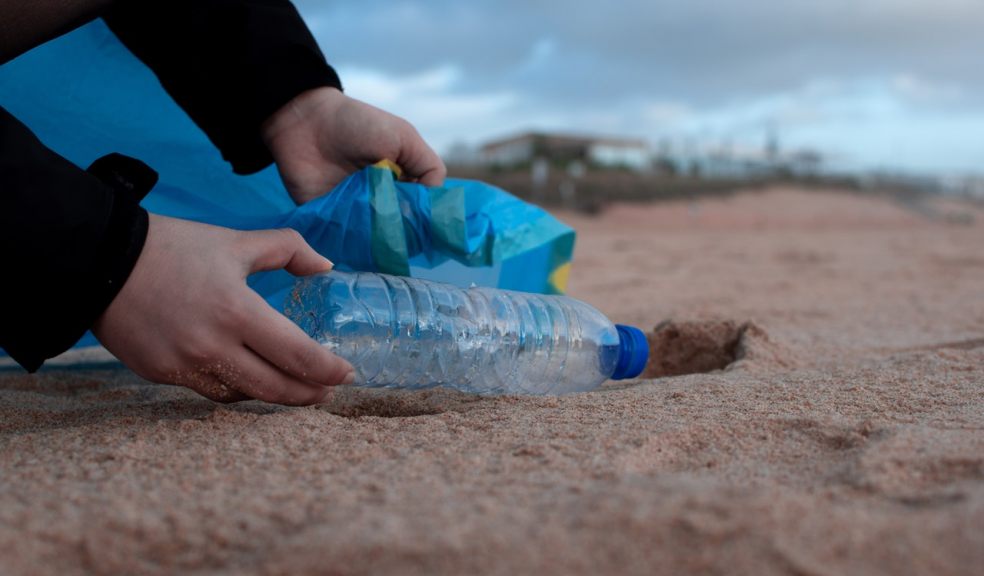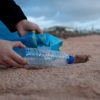
Beach clean data could boost science
Beach cleans can provide vital information on plastic pollution, researchers say.
Numerous organisations run beach cleans in the UK – but data collection is done in a variety of ways, making it difficult for scientists to analyse.
The University of Exeter is contacting 25 leading beach cleaning organisations to discover the difficulties of data collection and improve data-sharing.
The project has today (Thursday) been awarded a £20k Citizen Science Exploration Grant by UK Research and Innovation’s (UKRI).
“Understanding the scale and composition of litter along coastlines is important for planning strategies to reduce plastic pollution and its impact on the marine environment,” said Dr Sarah Nelms, of the University of Exeter.
“By engaging with the UK’s main beach cleaning organisations, we can try to understand how much plastic is removed from beaches and what information is gathered.
“We want to review current data collection methods and see whether there’s scope to enhance collaboration among the various organisations that carry out beach cleans.”
Professor Brendan Godley, who leads Exeter Marine, said: “Globally, the number of citizen-science litter clean-up projects appears to be increasing.
“As a community, we should work to make the most of the evidence they collect and enhance its impact.”
Professor Peter Hopkinson, co-director of the Exeter Centre for Circular Economy, said: “At present, too much plastic is used once, thrown away and ends up in the environment.
“We want to understand how citizen science clean-up schemes could target actions to prevent, reduce, re-use and recycle beach plastics into productive high-value uses.”
The project will engage with beach-clean organisations through an online survey and follow-up workshops.
The project is one of 53 across the UK to win a share of £1.4m from UKRI.














